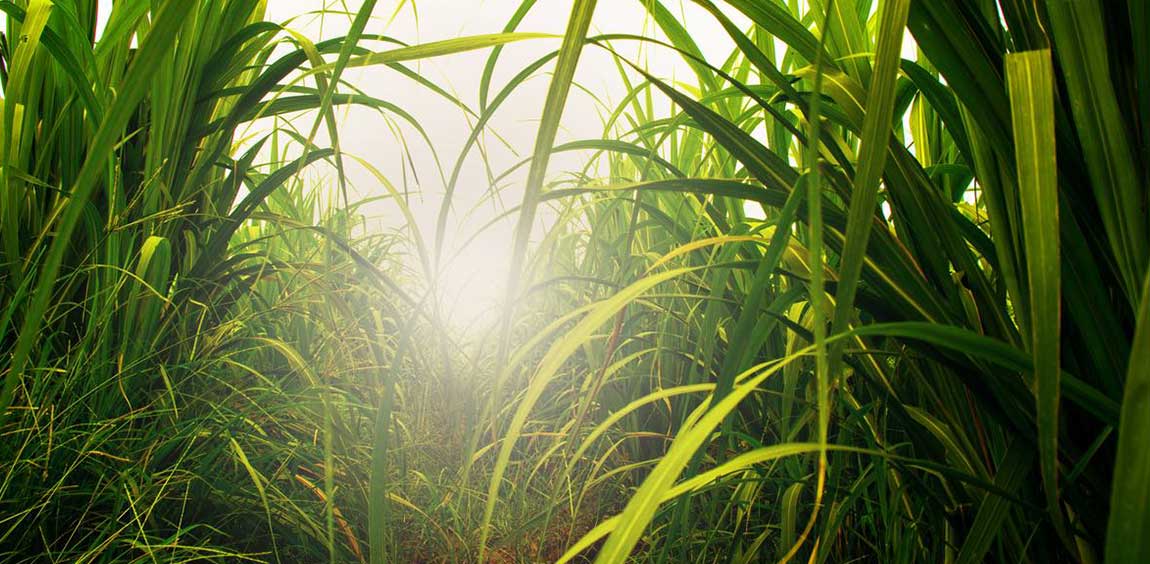ACADEMIC ARTICLE
Fernando Mesquita, Ivette Luna e Roney Fraga Souza | Revista Brasileira de Inovação
During the 2000s and 2010s, the growth in sugar and ethanol production stimulated the expansion of sugarcane in new regions of Brazil, reducing the concentration in the state of São Paulo. This paper aims to investigate whether the rise in sugarcane production in peripheral areas has led to the growth of knowledge capabilities. In order to consider regional asymmetries, the article uses the differentiated knowledge base (DKB) approach in association with regional innovation systems (RIS) and core-periphery relations. Data on formal employment and scientific research on the Central-South region are analyzed from 2003 to 2017. The results show that there are limits to the diffusion of sugarcane knowledge as an important part of knowledge production remains concentrated in the regions of early growth in São Paulo.
 English
English




 O Instituto de Economia da UNICAMP foi criado em 1984 e tem por finalidade a promoção do ensino e da pesquisa na área de Economia.
O Instituto de Economia da UNICAMP foi criado em 1984 e tem por finalidade a promoção do ensino e da pesquisa na área de Economia.
